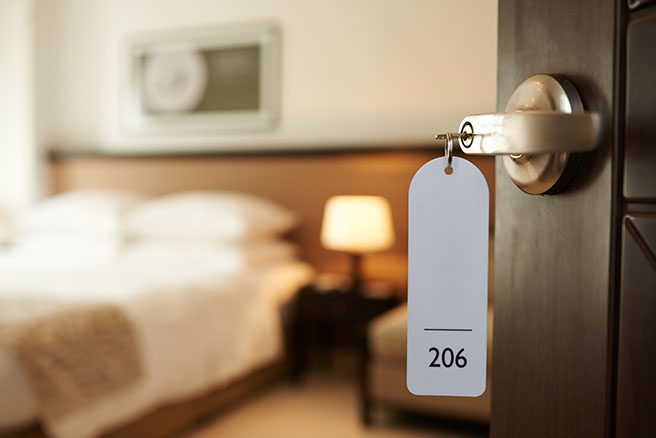Whether you are a sole trader, operate through an entity or work as an employee, you will almost always incur some expenses related to travel in performing your job. One of the most common questions a tax agent is asked is “what, if any, of these travel expenses can I claim a tax deduction for?”
Your largest component of travel, getting to and from work from your home, is considered to be a private journey by the Australia Taxation Office (ATO) and therefore expenses you incur in doing this are not tax deductible. Even when you are on call or work outside of normal business hours, travel between home and work is still considered private. Conversely, the expenses you incur to travel in the course of producing your income i.e. between different work sites or overnight away from home to perform professional training can be tax deductible in many instances. Importantly, these expenses must be out of pocket expenses, if you receive a reimbursement then they are no longer tax deductible to you.
Work-related car expenses (individuals only)
You can claim the expenses you incur in using your car, whether you own, lease or purchase the car via finance. There are four different methods for claiming a deduction. Common among all four methods is the need to either know or estimate the number of business kilometres (km) you have travelled over the financial year. Business km are those that you have travelled for work-related purposes rather than journeys that are for private purposes.
| Method | Business km | Substantiation | Deduction |
| Cents per km | Max of 5,000 per year. | No formal record required but demonstrate how you calculated/estimated the number of business km e.g. diary appointments | Apply a set rate given by the ATO to the number of business km travelled over the year. |
| 12% of Original Value | Must have travelled >5,000 per year. | No formal record required but demonstrate how you estimated the number of business km. | 12% of original cost of car or market value when you commenced leasing subject to the maximum car limit. |
| One Third Actual Expenses | Must have travelled >5,000 per year. | No formal record required but demonstrate how you worked out the number of business km and other estimates you’ve made. | One third of all the running costs, including interest on loans and depreciation. |
| Log Book | N/A | A log book is kept for 12 continuous weeks to establish a business use per-centage and is valid for 5 years. | Apply the business use percentage to all running costs, including interest on loans and depreciation. |
Work-related Travel Expenses
This category covers all other types of travel expenses;
- Public transport including taxis, buses, trains and planes;
- Short-term car hire;
- Motorcycle expenses;
- Parking costs and tolls; and
- Accommodation, meals and incidentals while travelling overnight away from home for work.
Substantiating your other travel expenses includes keeping receipts and tax invoices. If your overnight travel away from home is for longer than six nights then a travel diary must also be kept. The diary must document the reasons for your travel, dates, places and duration of the activities undertaken while you’re travelling.
Many people will also combine a personal holiday with a work trip and in this scenario the tax deductibility of the travel will be limited. Consideration needs to be given to the primary purpose for taking the trip so that the expenses are subsequently apportioned based on your intentions. This may be 50:50 or it may be that work is merely incidental to the private holiday and only expenses directly attributable to the work purpose will be deductible.
Example 1; Kate is attending a five-day gastroenterology conference in Maastricht and decides to stay in Europe for another seven-days to ski the Swiss Alps. The conference package is $4,500 ($2,200 return air fare, $800 for the cost of the conference and $1,500 for accommodation and meals at the conference venue). Kate paid another $3,000 for accommodation, train fare, meals and ski hire while in Switzerland. Kate can claim a full deduction for the cost of attending the conference and the accommodation and meals while at the conference ($2,300) but only half of the return air fare ($1,100) as the expense was incurred 50:50 for work and private purposes. The other expenditure relating completely to her Swiss holiday ($3,000) is private in nature and not allowable as a deduction.
Example 2; Mark has booked a family holiday to Queensland for ten days and also saw the time as a good opportunity to attend a one-day workshop in Brisbane on managing patients with COPD. As the primary purpose for Mark’s trip was a personal holiday and the workshop is merely incidental, only the cost of attending the workshop would be tax deductible. The return flights and accommodation for the family are all not allowable as a deduction.
































